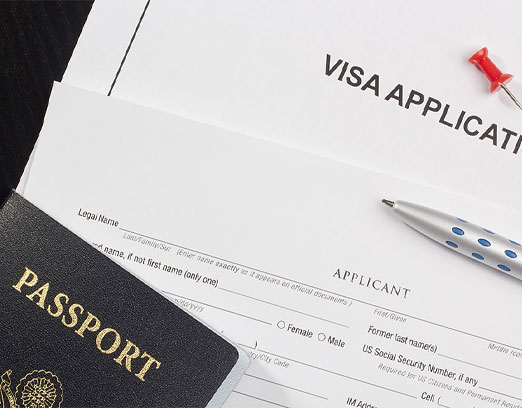
October 10, 2019
Impact of “Buy-American Hire American” Executive Order on F-1 Students
The U.S. Department of State, in August 2017, made revisions to the Foreign Affairs Manual (FAM) pursuant to President Trump’s “Buy American Hire American” Executive Order (EO) of April 2017. The FAM provides policy and procedure guidance to consular officers adjudicating U.S. visa applications worldwide. These recent revisions to FAM pertain to certain non-immigrant categories of visas which guide consular officers to adjudicate these visa applications keeping the intent and objective of the EO in mind – to protect the interests of U.S. workers.
The F-1 visa section of FAM has been updated in relation to the requirement of proving non-immigrant intent by the applicant – the foreign student – in order to qualify for the visa. Under the new guidance, officers must refuse the F-1 visa if they are not satisfied that the student’s present intent is to depart the U.S. after completion of his study or OPT (Optional Practical Training). Intent to depart can be evaluated by assessing the student’s current plans following the completion of his study or OPT. The hypothetical possibility that the applicant may apply to change or adjust status in the U.S. in the future is not a basis to refuse a visa application if the applicant has convinced the officer that his present intent is to depart at the conclusion of his study or OPT.
In light of this new guidance, foreign students can expect to be questioned more by the U.S. consular officer adjudicating their F-1 visa applications. The officer can exercise wide discretion in rejecting the F-1 visa on the grounds of not being “satisfied” of the applicant’s non-immigrant intent or his plan to leave the U.S. upon completing his studies or OPT. It is imperative that students provide persuasive evidence supporting their intent to leave the U.S. – evidence that show ties to their home countries. Evidence of ownership of a home or any other property, business, bank account statements, letters/affidavits from immediate family members, past employment letters, etc. tend to show the applicant’s ties to his home country.
Even prior to this new guidance, foreign students have had always to demonstrate non-immigrant intent at the time of applying for the F-1 visa, but it seems that now, this intent requirement will be under higher scrutiny, making heavier the student’s burden to prove his non-immigrant intent.
Zeenat Phophalia, Esq., Senior Associate
